Trockenbeerenauslese Weissburgunder 0.375ml 2015
Region
Profile
-
Fruit
-
Body
-
Sweetness
-
Freshness
-
Alcohol
Variety
Flavours
-

-

-

-

Glass

Serving Temperature

Food pairing
-

-

-

Maturity
Ready, but will keepYou may like these...
More of the same producer
More about this product
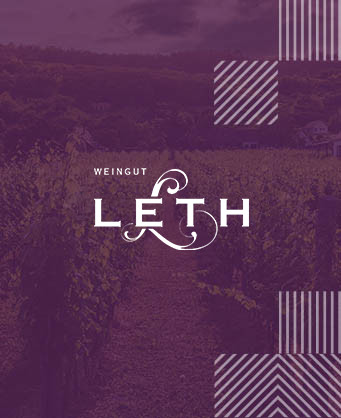
Wеingut Leth
Franz and Barbara Leth founded Weingut Leth in the early 1960s, in the village of Fels am Wagram. The vineyards are located in the Wagram Valley along the Danube, facing south and on the typical soil type for the region - loess. Half of the total of 42 hectares are planted with Gruner Veltliner - a local variety that originates and is mainly grown in the area. The crop is harvested by hand and a lot of effort is put into the proper pruning and arrangement of the vines. Metal containers with temperature control for fermentation are used. Red wine is aged in French barrels for between 18 and 24 months. Weingut Leth has a rich wine list - from the iconic whites of the Grüner Veltliner, Roter Veltliner, Riesling and red from Zweigelt and Pinot Noir to a sparkling and sweet wine made with the noble mold botrytis. .
All wines of the same producer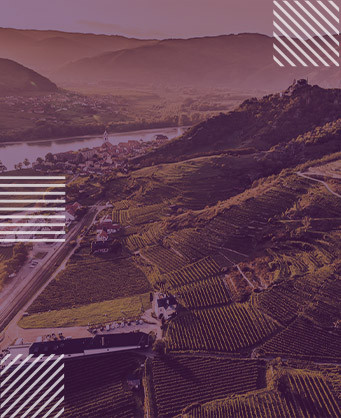
Niederösterreich
Долна Австрия е най -големият австрийски лозарски регион за Квалитетсвайн. Под неговото име са събрани изобилие от винени култури, вариращи от лозови стилове на местни сортове, до отличителни интерпретации на международни типове. Осемте специфични лозарски региона, разположени в региона - със звучни имена като Вахау на запад и Карнутум на изток - могат да бъдат грубо разделени на три климатични зони: Вейнвиертел на север, река Дунав със страничните си долини (Трайсен, Камп и Кремс) на запад от Виена и Панонски Долна Австрия на югоизток. Четвъртичните отлагания, особено дребнозърнестият льос и едрозърнестите терасови чакъли, така благоприятстващи лозарството, са разпространени във всички основни единици. Лесът осигурява основния материал за дълбоката почва в около половината от лозята, варовито-доломитни в различни пропорции. Неогеновите находища в басейна на Моласе и Виенския басейн поддържат около една трета от лозята. Освен местно формирани мергели и пясъчници, конгломерати и варовик Лейта, тук е доминираща рохкава скала. Съставите варират от глинеста тиня върху пясък до чакъл и камъчета във всички възможни смеси и могат също да се различават значително по отношение на съдържанието на карбонати. Малко над 6%т от лозята растат в почви, лежащи върху кристалната скала на Бохемския масив. Преобладават киселинният гнайс, гранит и гранит. Особено в последователността на често схистичните парагнейси, човек се сблъсква с често редуване между амфиболитни легла и по -малко разпространени слоеве мрамор.
More wines of this region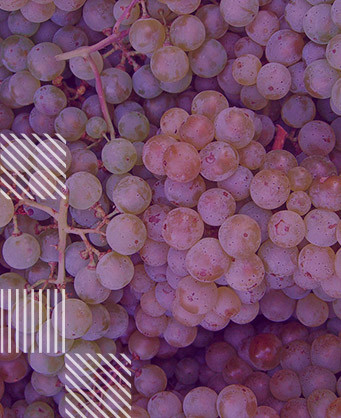
Weissburgunder
Weißburgunder or Pinot Blanc is a white wine grape variety used for the production of dry, sparkling and dessert wines. Although not the most glamorous member of the Pinot family, the variety has proven its value in various wine regions, including Alsace in northeastern France, Alto Adige in Italy and parts of Germany and Austria. Pinot Blanc's homeland is Burgundy, but perhaps Alsace is his home, although here it is somewhat overshadowed by the undoubted stars of the region - Riesling and Gevertrazminer. The wines are typical with almond aromas, with a hint of spice, apple and cream flavors. They may also show some mild mineral characteristics, which, however, usually subside after the widely practiced in the region oak maturation. Cremant d'Alsace sparkling wines, on the other hand, tend to be fresher, often showing a variety of nut flavors. The variety is also one of the few allowed in a champagne blend, along with Pinot Noir, Chardonnay and Pinot Munier. Outside France, Pinot Blanc is widely found in northwestern Italy, where it is known as Pinot Bianco. Here the style of wines are lighter, more distinct, rarely touching oak. Pinot Bianco is also used in the production of Italian sparkling wines: especially Franciacorta, Italy's answer to champagne. In Germany and Austria, the variety is known as Weissburgunder or Weisser Burgunder (literally "White Burgundy"). In Germany, the wines are usually light and refreshing, but in Austria the grapes are also used to make the sweet and textured Trockenbeerenauslese.
More wines of the same variety
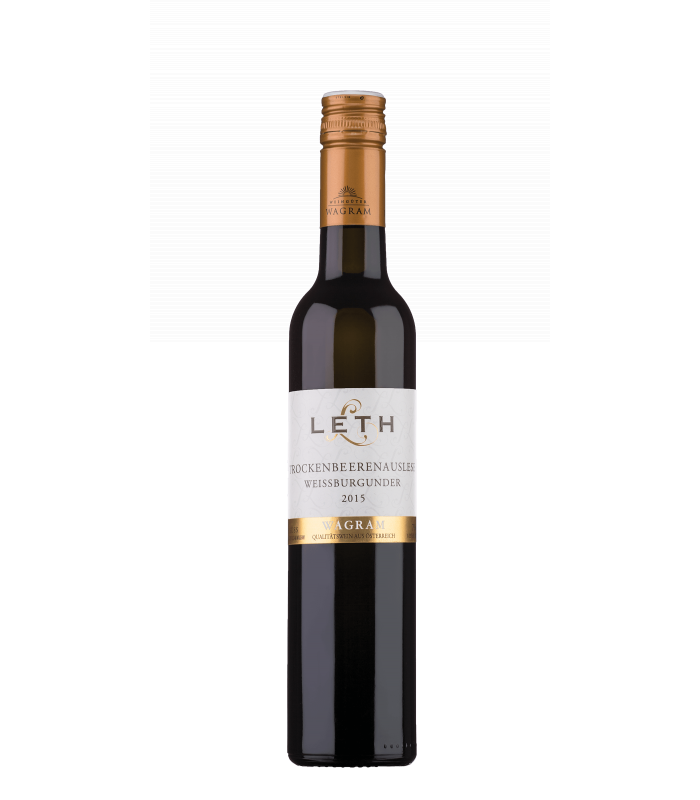


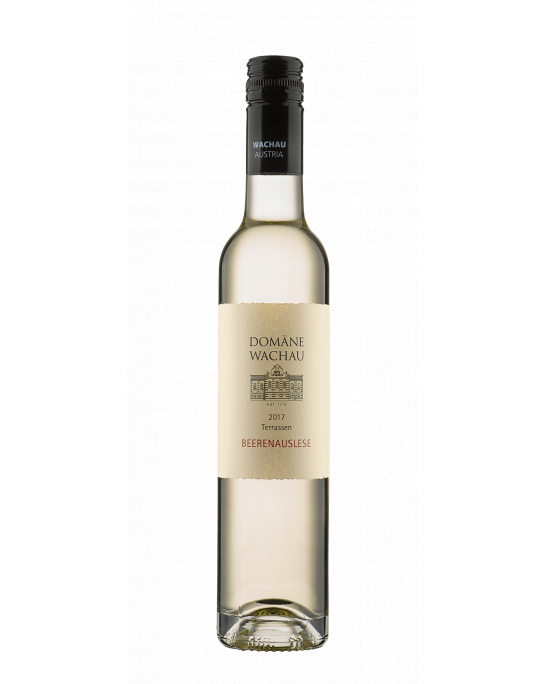
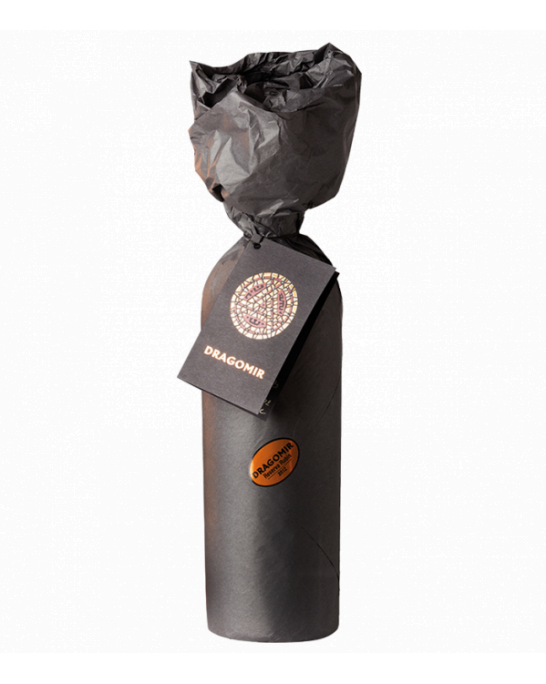
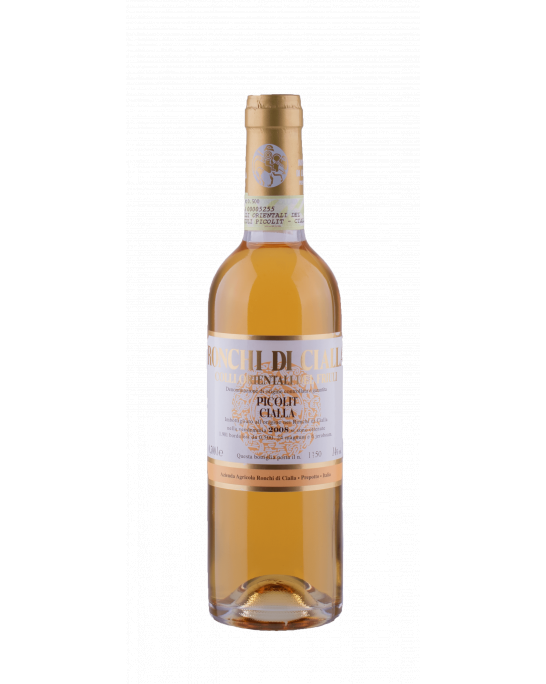
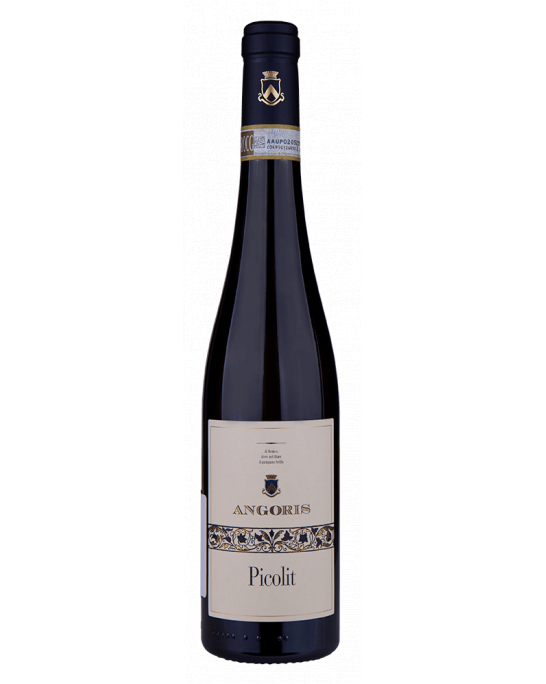
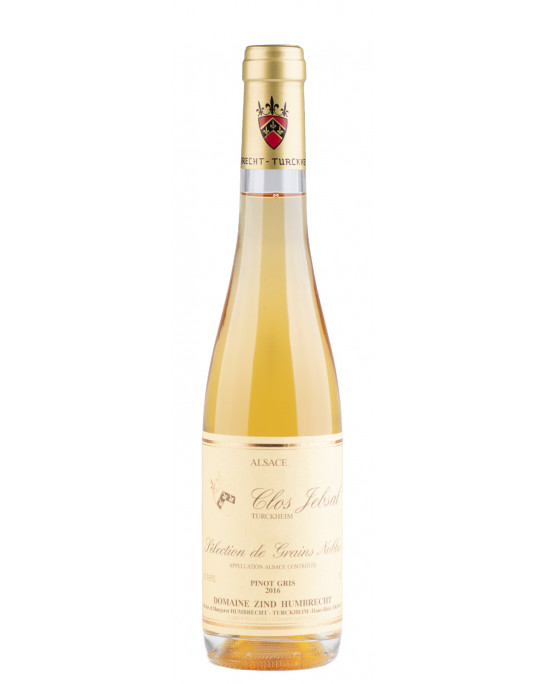
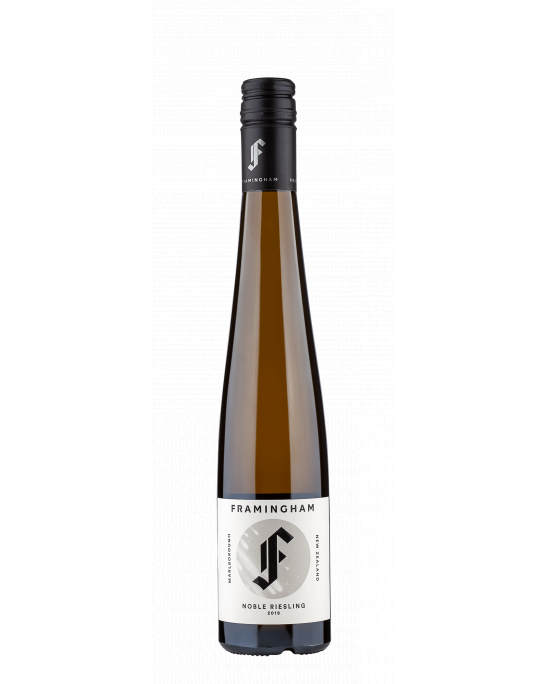
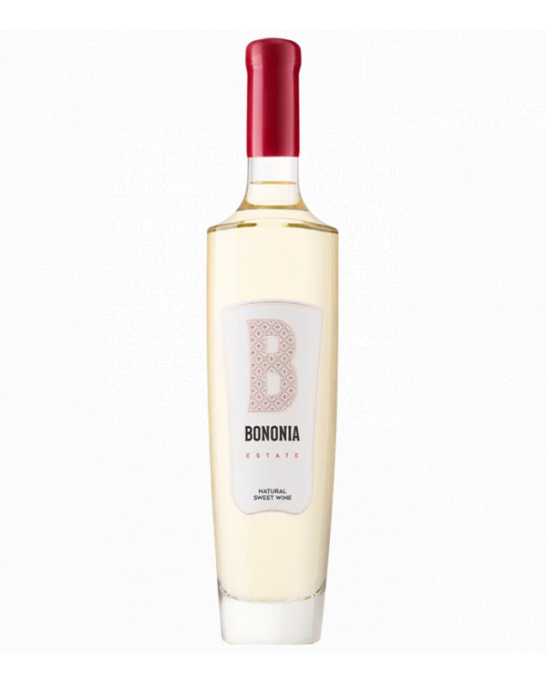
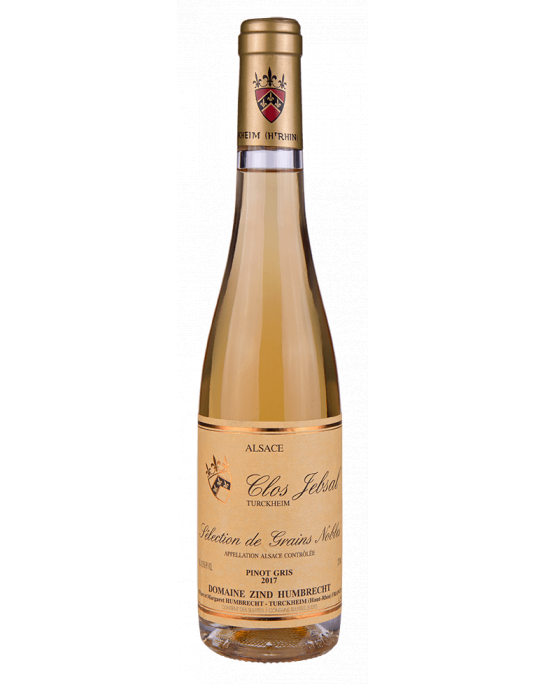
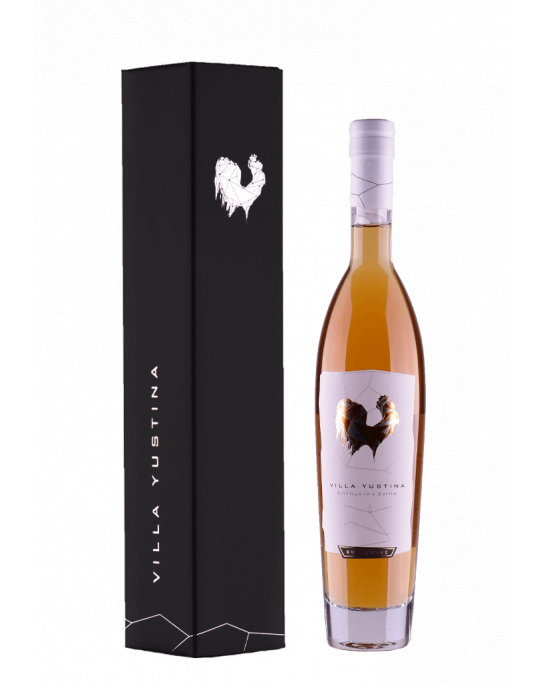
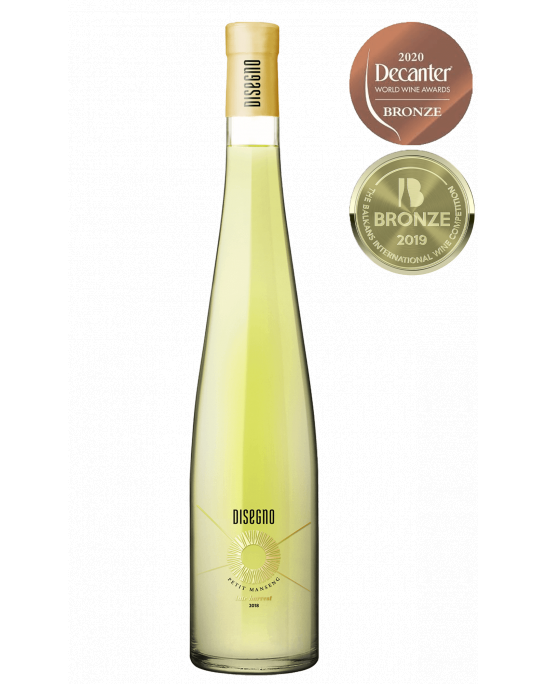
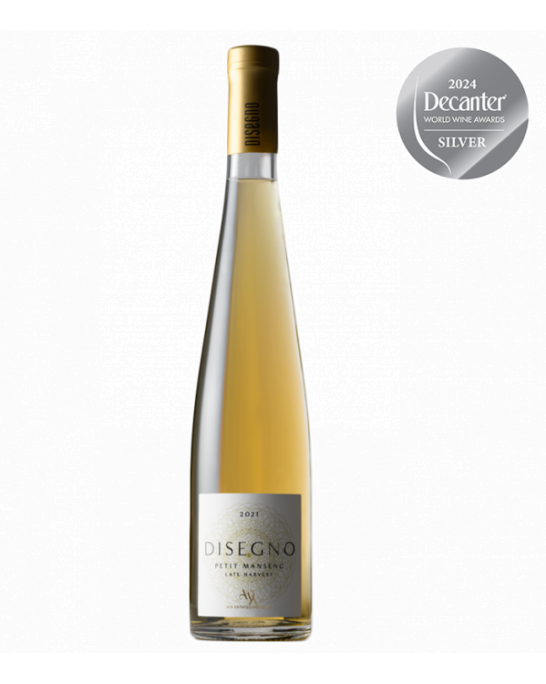
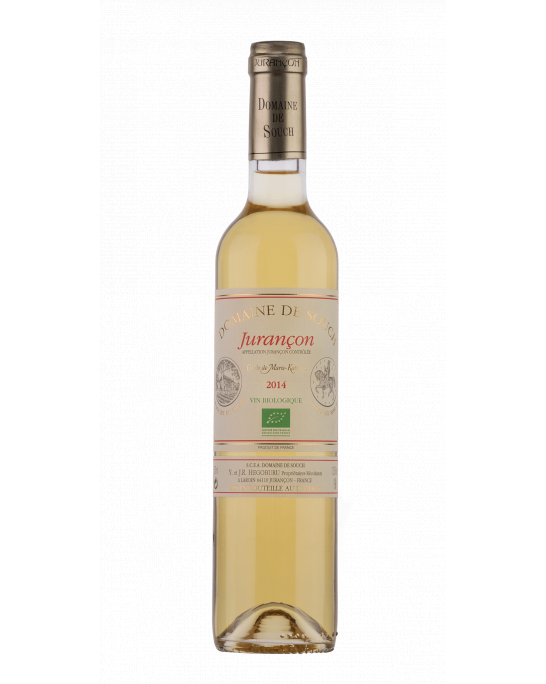
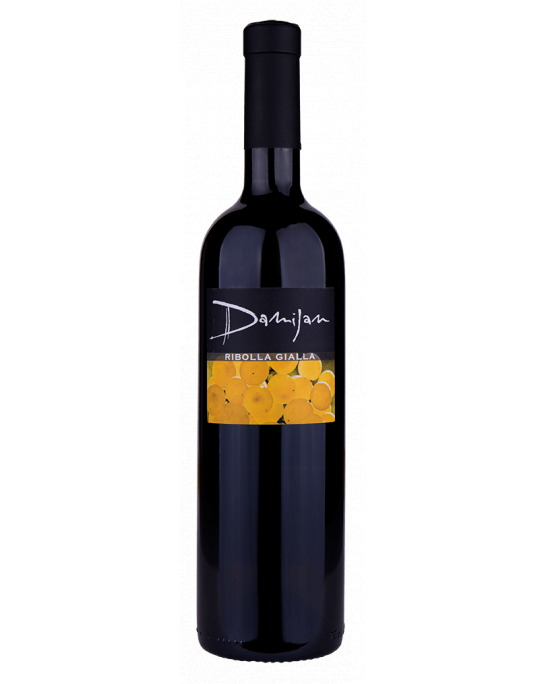
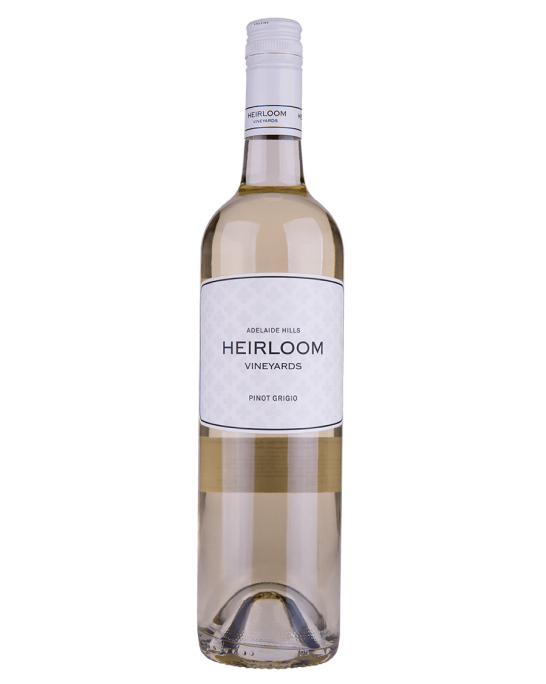
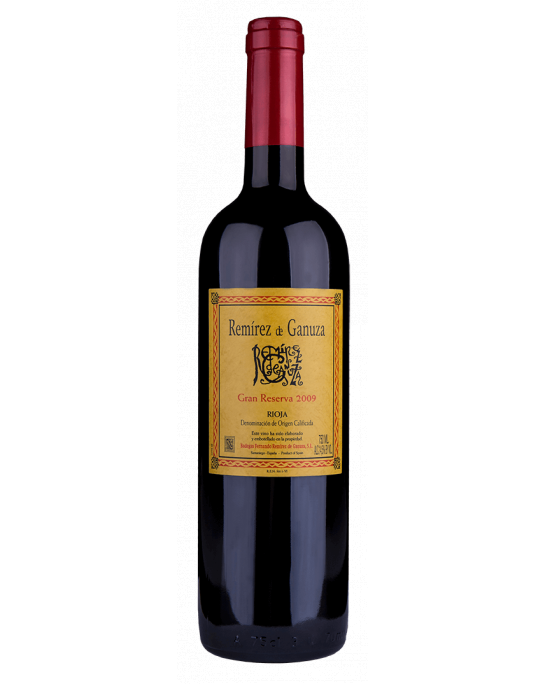
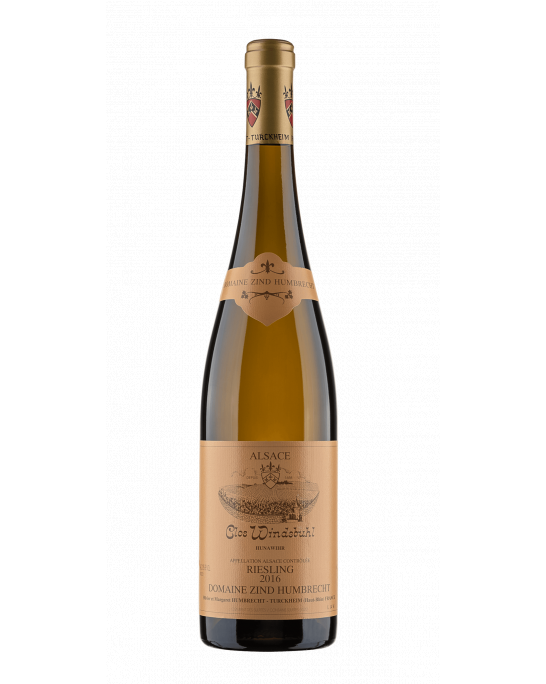
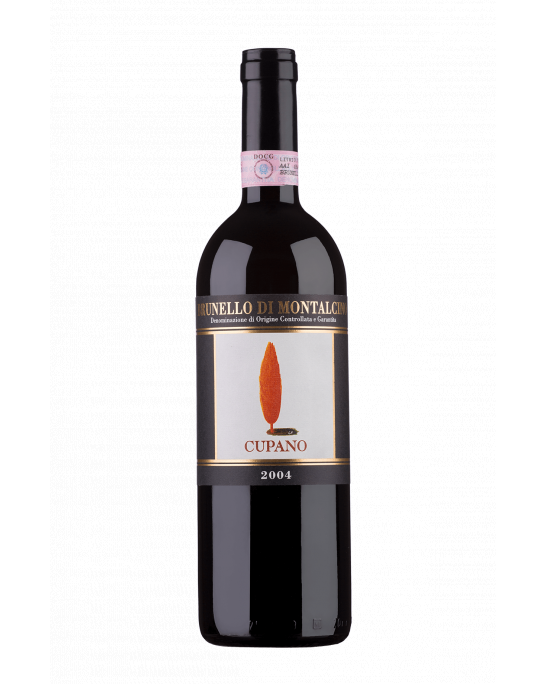
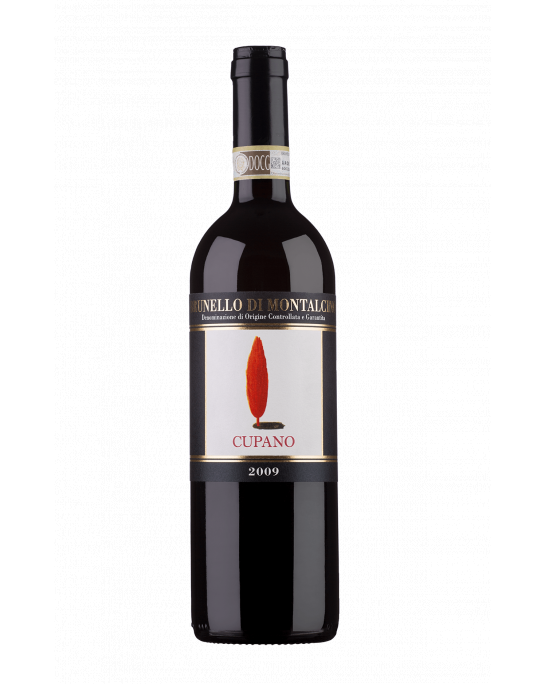
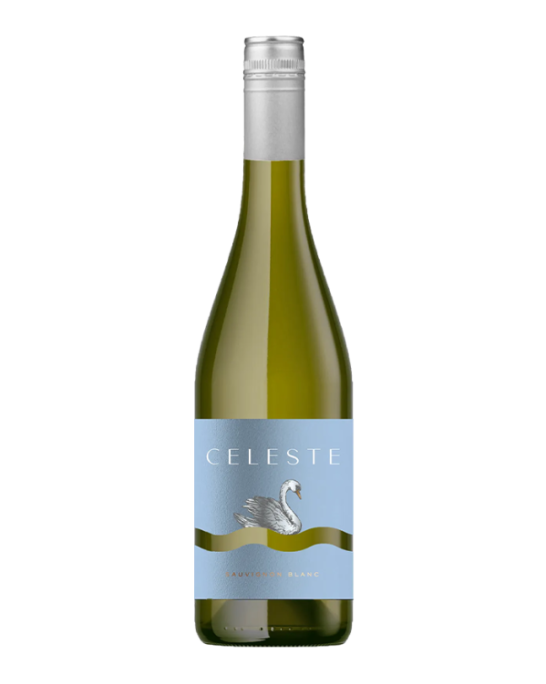
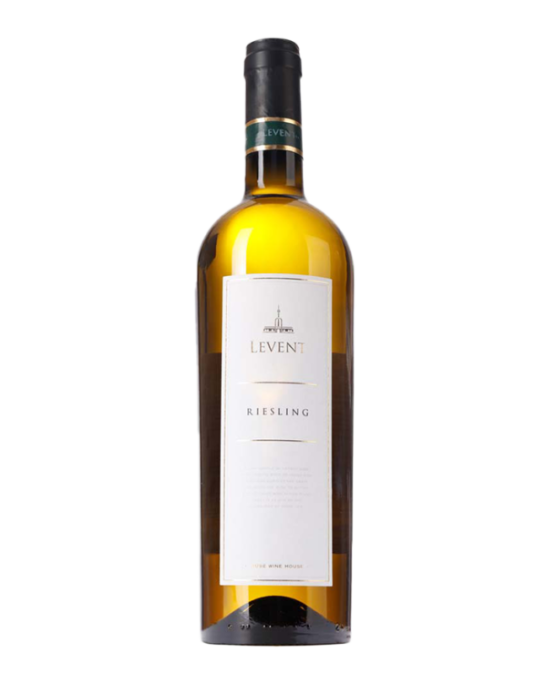
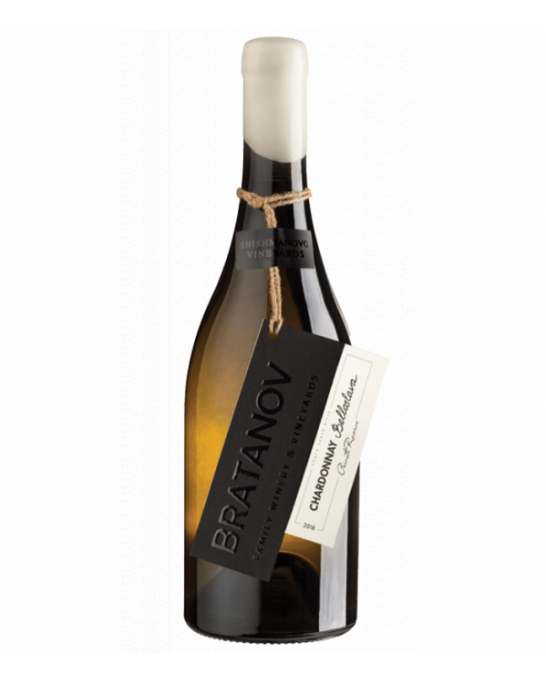
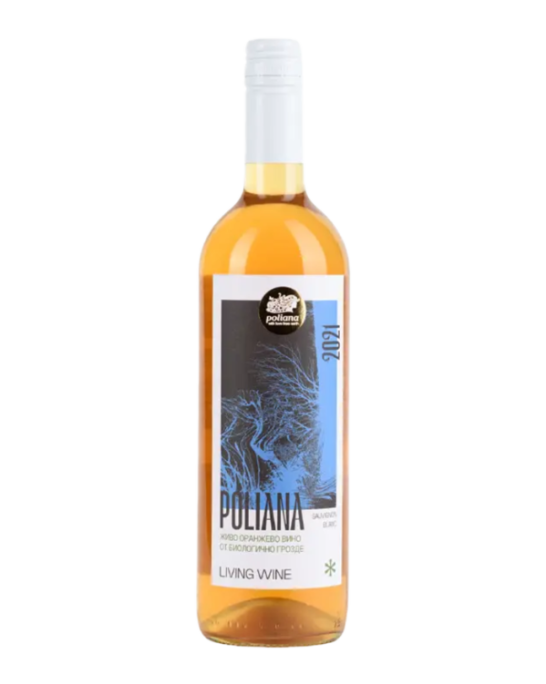
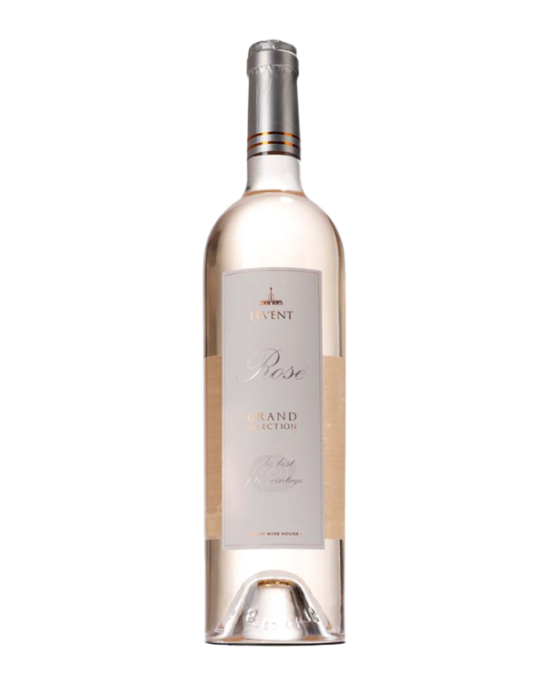
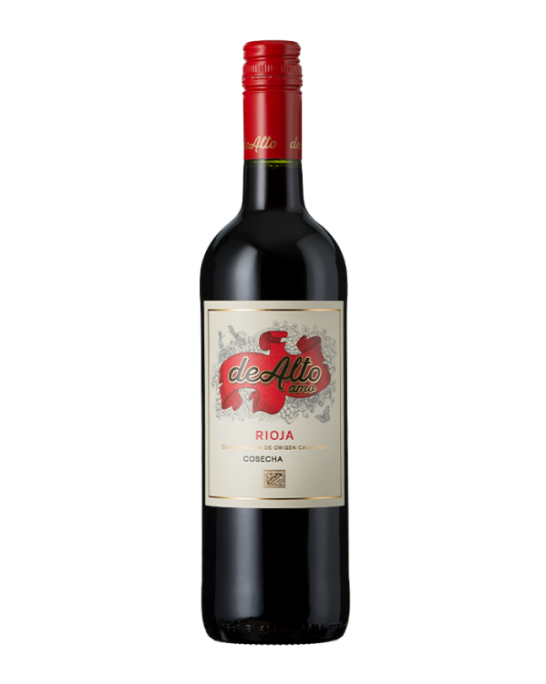
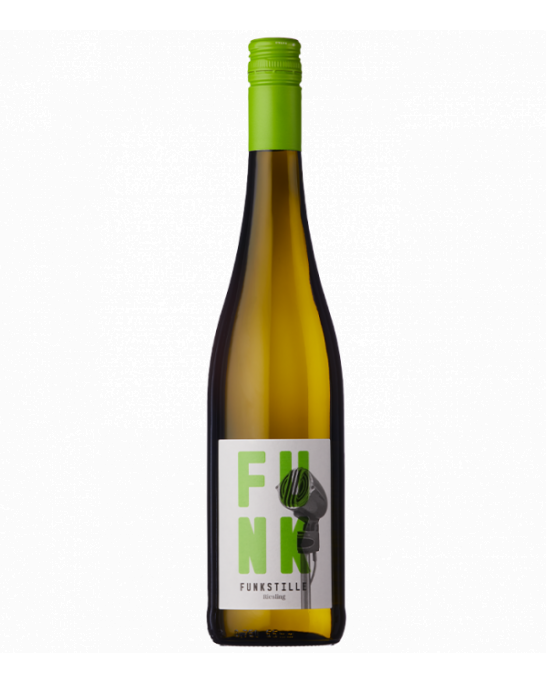
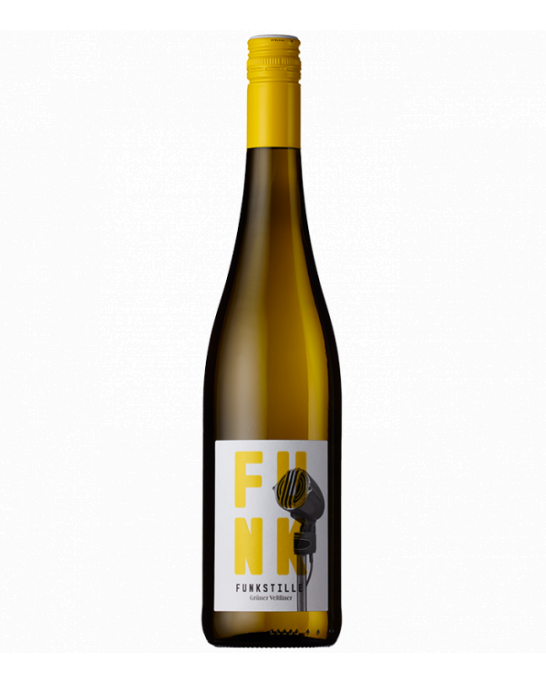
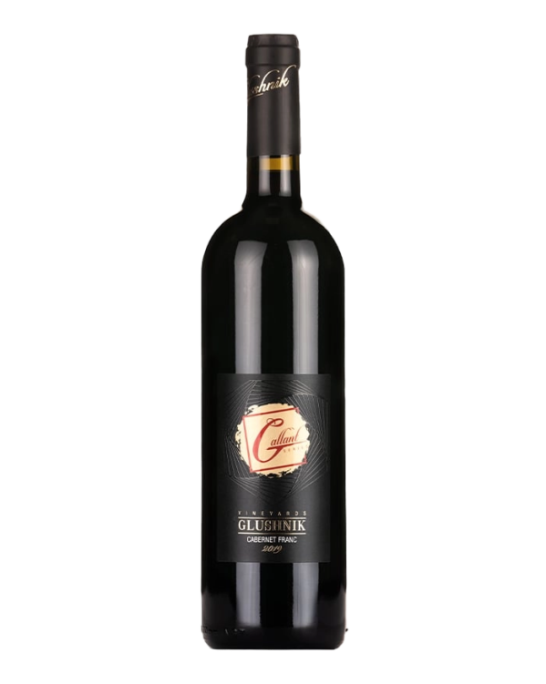
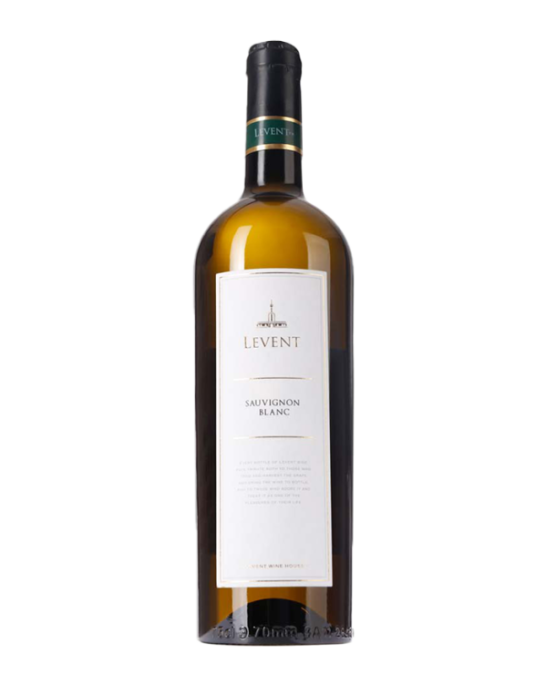
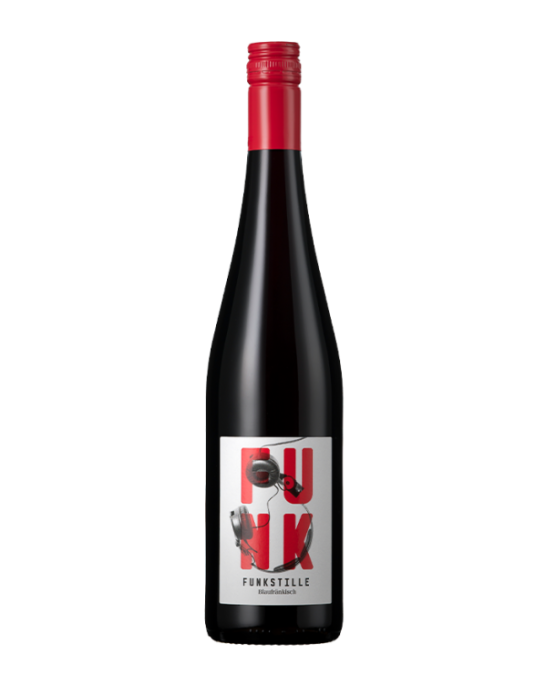
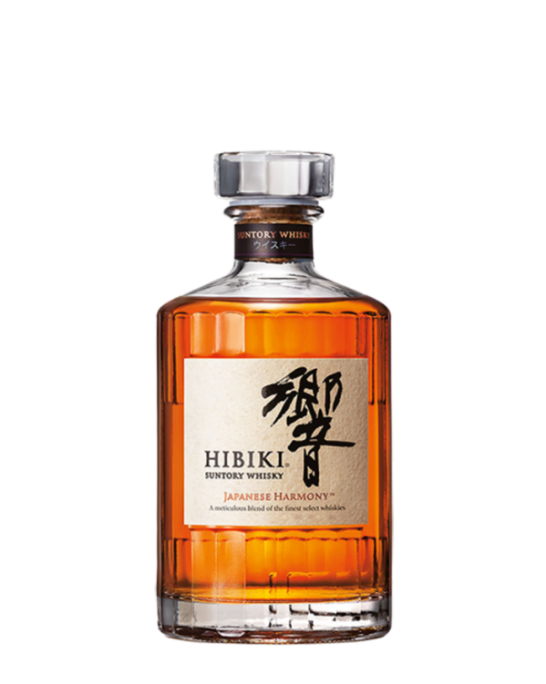
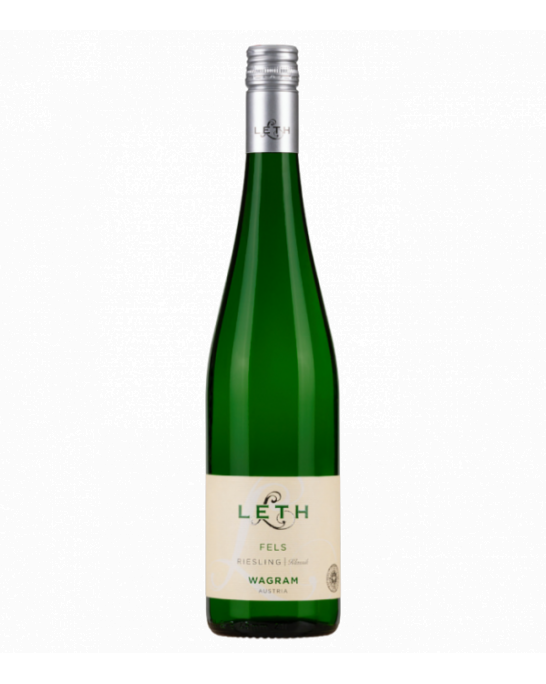
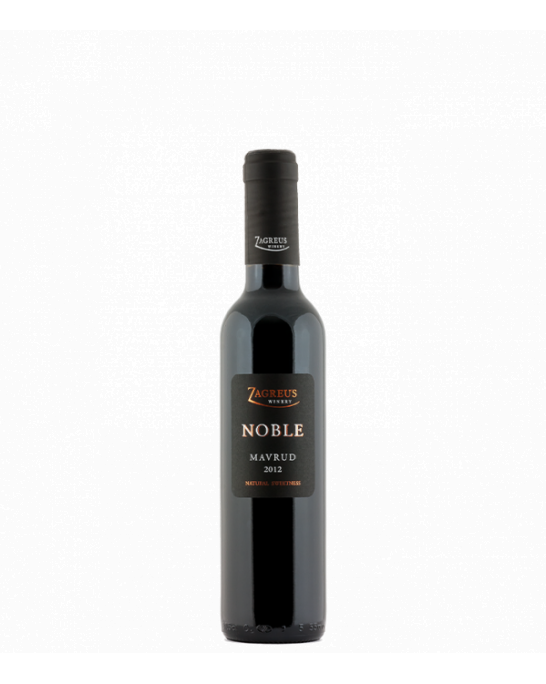
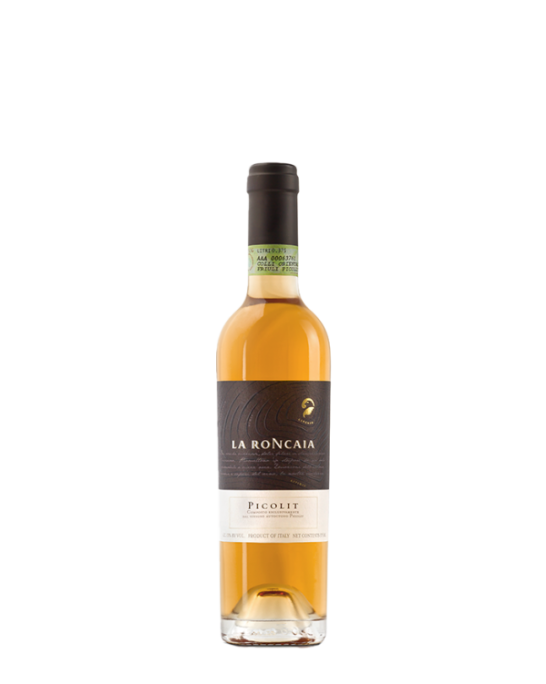
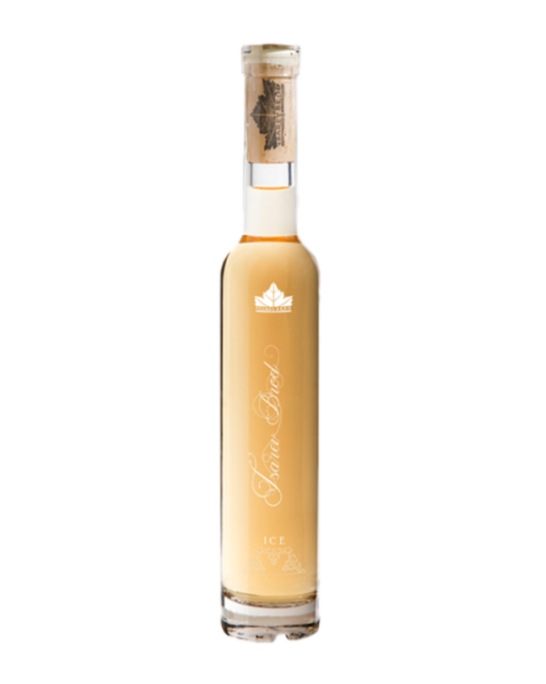
Customer reviews
No reviews available
Be the first to review